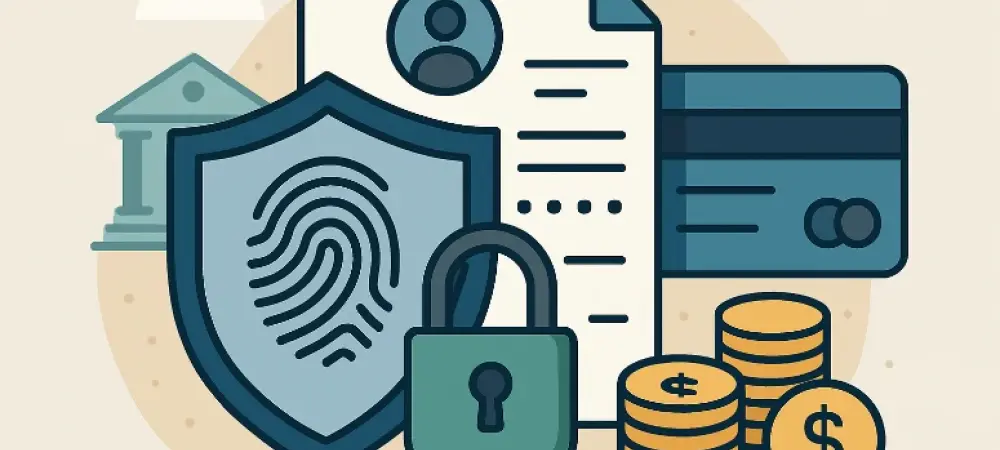In today’s ever-evolving digital landscape, the financial sector faces an unprecedented wave of cyber threats, such as the alarming rise in account takeover fraud. As financial institutions strive to secure their operations and protect client data, innovative solutions are in high demand. Continuous authentication has emerged as a promising approach to effectively counteract these challenges, offering enhanced security without hindering the customer experience. This analysis delves into the current trends surrounding this transformative technology, highlighting real-world applications, expert insights, and anticipated future developments.
Current Adoption and Growth of Continuous Authentication
Accelerating Industry Adoption
The finance industry has witnessed a substantial uptick in the adoption of continuous authentication technologies. Recent statistics show a marked increase in financial institutions implementing these advanced solutions, with adoption rates expected to continue climbing over the next several years. According to the latest market analysis report by prominent research agencies, this trend is driven by the pressing need to address the limitations of traditional static authentication methods.
Real-World Implementations
Several trailblazing financial organizations have already deployed continuous authentication mechanisms with notable success. Case studies reveal that institutions like JPMorgan Chase and Barclays have successfully integrated behavioral analytics tools to monitor user activities seamlessly. Technologies developed by companies such as BioCatch and TypingDNA are at the forefront, offering cutting-edge solutions that distinguish legitimate users based on their unique interactions with digital platforms.
Insights from Industry Experts
Perspectives on Continuous Authentication
Thought leaders in the finance sector underscore the strategic significance of continuous authentication in safeguarding sensitive data. Experts emphasize that beyond enhancing security, these technologies maintain a frictionless user experience, an essential factor for customer retention. While some challenges remain, such as transitioning from legacy systems, the consensus is clear: continuous authentication is a vital security measure in an increasingly digitized world.
Benefits and Challenges
While the benefits of continuous authentication are widely acknowledged, industry professionals also point out challenges in its widespread implementation. These include potential technical hurdles due to outdated infrastructure and initial resistance from users unfamiliar with the new approach. However, financial leaders agree that these obstacles are overshadowed by the benefits, such as reduced fraud risk and improved trust among users.
Future Outlook and Implications
Evolving Security Landscape
Looking ahead, continuous authentication is poised to become a standard security protocol across the financial landscape. As institutions adapt to the growing threats posed by sophisticated cybercriminals, leveraging artificial intelligence and machine learning will further enhance the efficacy of these systems. The continuous evolution of authentication systems promises to refine risk assessment, offering robust safeguard solutions for diverse accounts.
Broader Impacts
The implications of continuous authentication extend beyond the finance sector, impacting industries such as retail and healthcare, where data security is paramount. By redefining how institutions approach Know Your Customer (KYC) processes, perpetual KYC becomes more practical and efficient, minimizing the risk of regulatory fines and enhancing compliance. Overall, continuous authentication heralds a future where security and user experience coexist harmoniously.
Path Forward
Reflecting on the ongoing advancements in continuous authentication, it is evident that embracing this technology is not just a trend but a necessity for financial institutions in the face of growing cyber threats. As the industry progresses, forward-thinking institutions that adopt these solutions are better equipped to protect against sophisticated fraud attempts. The commitment to continuous innovation is crucial in maintaining trust and ensuring a secure yet seamless experience for all users.

